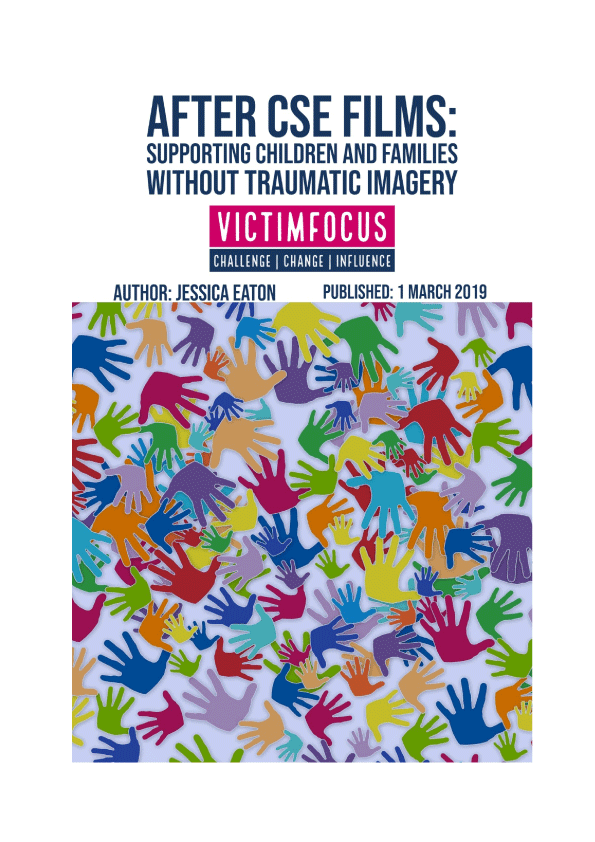
‘Véronique Olmi’s novel retells the story of a strong young woman who was exploited and dehumanized before finding herself in more merciful and hopeful circumstances…’
Véronique Olmi’s novel retells the story of a strong young woman who was exploited and dehumanized before finding herself in more merciful and hopeful circumstances. In “Bakhita,” fraught personal experiences intersect with historical and political events and time-honoured religious practices, all encompassed within the span of the protagonist’s own life — which moves from a village in late-19th-century Sudan to a convent in post-World-War-II Italy, and from slavery to sainthood.
Translated from the French by Adriana Hunter into clear and affecting prose, “Bakhita” unfolds a distinctive array of timely concerns — the subjugation of women of colour, human trafficking, female solidarity, personal and institutional conflicts that knot together issues of race, class, gender and religion — and explores them through the suffering, willpower and undiminished dignity of a small frightened girl turned resolute young woman turned gentle old nun. The novel also joins a much larger tradition of accounts of holy women and men that have been compiled over the centuries, including the “Storia Meravigliosa” (“marvelous or wonderful story”), a 1931 chronicle of Sister Josephine Bakhita’s life that was disseminated by the Italian religious order she had joined.
More at: https://www.nytimes.com/2019/05/04/books/review/bakhita-veronique-olmi-roman-catholic-saint.html
Adapted by Anne Kelleher, RENATE Communications.

In this digital age, when technology has become an integral part of daily life and is deployed for both positive and negative uses, the Council of Europe has issued a timely publication. It is intended that use of the Digital Citizenship Education Handbook, will empower and protect children and the most vulnerable in society.
Digital citizenship competences define how we act and interact online. They comprise the values, attitudes, skills and knowledge and critical understanding necessary to responsibly navigate the constantly evolving digital world, and to shape technology to meet our own needs rather than to be shaped by it. The Digital citizenship education handbook offers information, tools and good practice to support the development of these competences in keeping with the Council of Europe’s vocation to empower and protect children, enabling them to live together as equals in today’s culturally diverse democratic societies, both on- and offline.
The Digital citizenship education handbook is intended for teachers and parents, education decision makers and platform providers alike. It describes in depth the multiple dimensions that make up each of 10 digital citizenship domains, and includes a fact sheet on each domain providing ideas, good practice and further references to support educators in building the competences that will stand children in good stead when they are confronted with the challenges of tomorrow’s digital world. The Digital citizenship education handbook is consistent with the Council of Europe’s Reference Framework of Competences for Democratic Culture and compatible for use with the Internet literacy handbook.
You can access the handbook here: CoE DIGITAL CITIZENSHIP EDUCATION HANDBOOK.
Adapted by Anne Kelleher, RENATE Communications.

RENATE members at APT Ireland (Act to Prevent Trafficking) share a link to a UK organisation called Victim Focus, which produces resources for professionals working in the areas of human trafficking, exploitation, specifically with regard to women and girls.
https://www.victimfocus.org.uk/resources-for-professionals
Prepared by Anne Kelleher, RENATE Communications.

.png)








